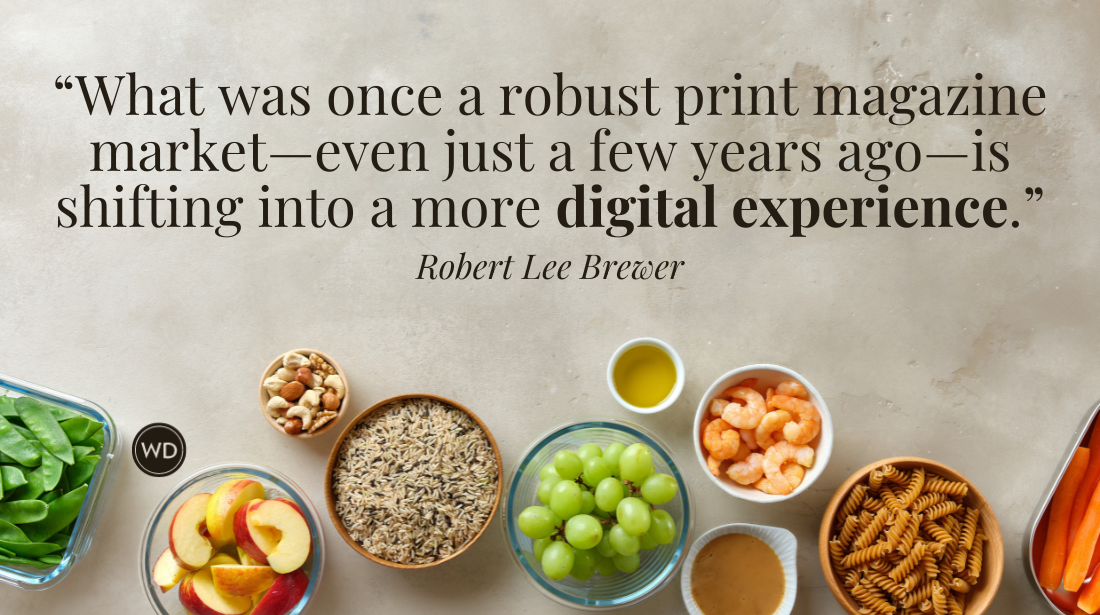Why Don’t Publishers Market & Promote the Books They Publish?
Over on my Facebook page, I shared a quote from David Ogilvy: In the modern world of business, it is useless to be a creative original thinker unless you can…
Over on my Facebook page, I
shared a quote from David Ogilvy:
In
the modern world of business, it is useless to be a creative original
thinker unless you can also sell what you create. Management cannot be
expected to recognize a good idea unless it is presented to them by a
good salesman.
Publishing falls into the modern
world of business, and it's always benefiting through and from creative
original thinkers (one hopes).
The mediocre writer who can sell
is usually more successful than the talented writer who cannot.
Aside
from all other hard truths about publishing, this is the one that many
writers find most difficult to accept. While I was at AWP,
I heard a small press advise the audience: "Writers should stay in a
room in write." Clapping erupted.
Writers certainly can stay in
their room and write if they want to remain in obscurity. That aside,
the thoughtful writer does wonder: Why don't publishers market and
promote their own books? Wouldn't they benefit from it? Wouldn't it make
sense? Aren't THEY supposed to be the experts here? All points well
taken.
Here are a few reasons why publishers don't market and
promote all of the books on their list:
- They don't have
enough money, time, or staff. - They have no means of directly
reaching the target readership to let people know a book of interest is
available. - They can't measure the impact of their efforts, thus
resources get pulled away from marketing. - They hope the book
finds its audience by simply being available and in stores. (Publishers
are excellent at physical and retail distribution.) - Did I
mention they don't have enough money, time, or staff? Now, you would
probably advise: That means publishers should publish less. I agree! But
are you, as a writer, ready for even HIGHER rejection rates?
Publishers
are known for putting most of their efforts behind A-list authors, or
behind authors who receive a very large advance, or behind the book that
receives the best response/commitment from the chain booksellers.
Every
other title gets the "standard" treatment, and who knows what THAT is, since it's changing daily given the transformation of media and bookselling
(advertising is often ineffective, reviews and awards don't ensure
sales, press releases are unopened, tours/signings aren't attended,
etc).
What still sells books? That's the nut everyone is
trying to crack. Ideas:
- Authors who already have established
followings and can reach their readers directly. - E-mail
promotions to a very targeted list (either a list that the author has
cultivated or that the publisher is lucky enough to have). - National
media coverage or appearances on TV/radio/magazines, sometimes
newspapers (tougher and tougher to secure as media outlets consolidate,
disappear, and carry less authority). - Word of mouth resulting from readers who LOVE the book. (Great content, great quality.)
Everyone
in publishing acknowledges the system is not ideal. It is in fact
broken, especially when everyone widely admits that 70%
of books don't earn out their advance.
And now with
publishers facing a digital transformation that will disrupt the
business model even further, we're seeing experimentation and
suggestions of what the future might be like.
Predictions from
others
- Publishers will only be able to attract solid
authors by contractually committing to a certain level of marketing. - Publishers
will attract solid authors with profit sharing deals, to incentivize
both sides to market and promote. See this report on a Digital Book
World panel, "Back-Loaded
Book Deals." - Publishers will become niche-focused so
they can more successfully direct market to specific communities. See
this post from Mike Shatzkin that explains. - Publishers
will draw down their lists (already happening) and only publish books
they can fully market. (See HarperStudio as one example,
sadly now defunct, as well as Karp's
Twelve.) - Publishers of all sizes will make better use of
their author bases and community power to cross market and promote for
like gain. See Hay House as an example.
What
do you see happening? Or what marketing efforts HAVE paid off for you
or your publisher?
Jane Friedman is a full-time entrepreneur (since 2014) and has 20 years of experience in the publishing industry. She is the co-founder of The Hot Sheet, the essential publishing industry newsletter for authors, and is the former publisher of Writer’s Digest. In addition to being a columnist with Publishers Weekly and a professor with The Great Courses, Jane maintains an award-winning blog for writers at JaneFriedman.com. Jane’s newest book is The Business of Being a Writer (University of Chicago Press, 2018).








